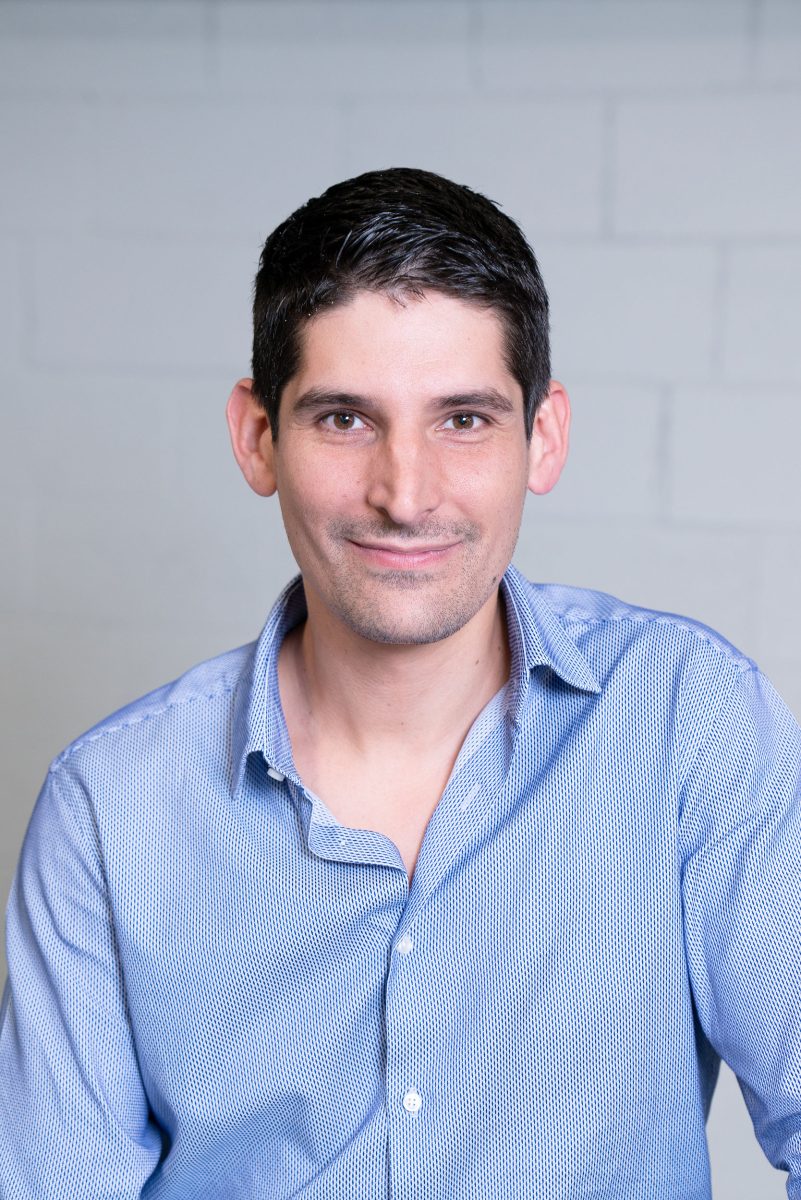Blog
Guest Blog: How Hilo built Hydro-Quebec’s first virtual power plant through partnerships
How Hilo built Hydro-Quebec’s first virtual power plant through partnerships
Watch the full webcast replay here.
As COP 27 wraps up, the impacts of climate change have societies around the world scrambling to decarbonize through the deployment of electric mobility, solar and wind. Introducing these technologies is a major challenge for the traditional electric grid, as they can cause more volatility on electrical networks. Furthermore, consumption of energy is increasing because of economic development, population growth and the conversion of transportation from fossil fuels to electric energy. In Quebec alone, we expect yearly demand to increase by over 100 TWh by 2050. Hydro-Québec is looking to shave 8 terawatt-hours of electricity through energy efficiency initiatives between 2020 and 2030, and about 1.5 additional gigawatts of peak electricity shaving during the same period.
Hilo was created to help address these problems by combining a virtual power plant with self-deployed and market-driven aggregation solutions. The virtual power plant acts as a brain—an orchestrator of distributed energy resources over the whole province. It serves as a single resource from the grid’s point of view, controlled through the utility’s DERMS (Distributed Energy Resource Management System). It abstracts away the complexity of dealing with the many different devices, vendors, and technical characteristics.
Hilo could not have built something like this alone from scratch—we needed a network with actionable knowledge and technologies to help us. By leveraging Microsoft technologies, such as the excellent Orleans framework from Microsoft Research, Azure IoT Hub, ADX/Kusto and other PaaS and SaaS components, our team managed to get an industrial solution to market in a little over a year. Along the way, we partnered with Azure IoT specialists like Axceta to grow the first iteration of the platform. Fast-forward two years and we’ve acquired the knowledge and expertise to grow the platform ourselves.
Utilities need to think of the user journey when designing these ecosystems, since not everyone is interested in managing their many devices. The complexity of following price signals and finding the right balance between comfort and rewards is more work than most users care for. Utilities need to deploy a user experience that supports non-performing behavioural participants to transition them over smoothly to automated solutions.
Over the past three years, we’ve achieved a participation rate of over 98% from our user base in the 30 or so demand response events we hold every winter. That’s much higher than the figures of around 70% that we’ve seen in other markets, and we believe it’s due to taking a holistic approach to user engagement and support. When users subscribe to Hilo, they get a turnkey system. Their complete energy ecosystem is mapped in the mobile app—energy efficiency coaching and automated programs are offered in one location.
Looking forward, Hilo sees velocity picking up on multiple fronts, from vehicle charging in multi-unit residential buildings to managing overloaded infrastructure and V2H (vehicle-to-home). Integrating these solutions is a challenge we are excited to meet head-on. By working with industry players, Hilo is sure to unlock the tremendous value that these partnerships can bring to utilities.
Learn more: Our solutions (hiloenergie.com)
Watch the full webcast replay here.
Sign Up
Join the Conversation!
Sign up to get the latest news and updates about QUEST Canada events and receive QUEST Canada's monthly newsletter.



